Description
Oscar and Francisca Chacon of Las Lajas Micromill are third-generation coffee producers who are committed to quality and innovation and are probably best known for being among the first to produce Honey and Natural coffees in Costa Rica in the 2000s. Las Lajas began producing Honey coffees in 2008 after an earthquake cut off the mill’s access to water for several weeks. Oscar had heard that in Brazil and Ethiopia they use Pulped-Natural and Full Natural techniques to process coffees, so he tried it with his harvest that year.
The micromill is also one of the only certified-organic mills in the area, and the Chacons take their environmental impact very seriously. As average temperatures rise and weather patterns change, the Chacons are considering adding more shade trees to their farm to moderate the heat, and to add irrigation systems to combat the inconsistent rainy seasons Costa Rica has had the past few years. To mitigate their water usage, Oscar uses a Penagos demucilaging machine to depulp his coffee, which has cut the Chacon’s water consumption down to almost nothing.
Tasting Notes: A stellar fruit forward cup of coffee. Similar to last season, this cup is smoother and a little more delicate but contains much of the same flavors our Lajas natural fans are used to. Super clean, medium bodied with some decent acidity and strong fruity and boozy tones.
Lighter roasts are higher acidity with a strong fruitiness. Citric, floral and fruit will dominate the lighter roast tastes. Gives the cup some great sweetness and pops right out those natural processed tones many love. Pulls just a pinch of balance with a malty, oak like darker tone. Medium roasts smooth out the wild fruity and acidic tones, builds more of a malty/chocolaty tone in the cup with the fruit/floral highlights. The cup retains a more refined tart red fruit note (think cranberry) up until 2nd crack. A bit of a barrel aged taste as the cup cools throughout the roast points.
Roasting Notes: High chaff and fairly even roasting for an “old world” natural processed. Being high chaff, it is good to slightly reduce batch size, watch temp spikes on the air roasters, getting a lot of chaff blockage can increase temps and roast very quickly. Darkens up quickly, good to use the cracks as roast point indicators, a longer setup of 3-6 days is wise (time after roasting before drinking) , a potent cup with a ton going on, drank too soon, many tastes can be missed.
Harvesting and processing are overseen with great care by both Oscar and Francisca: During the harvest, Francisca measures the Brix of the cherry to determine the optimal ripeness, and picking will begin when the Brix reads about 22°. Harvesting by Brix reading is also helpful as newer varieties sometimes ripen to different colors: Using the refractometer helps keep the harvest at uniform ripeness, which is key when producing high-quality Naturals and Honeys.
The Chacons produce several different types of Honeys and Naturals: For their Honeys, 100% of the mucilage is left on the coffee, and the coffee is dried in different ways. Oscar believes that just as the roast profile will change the flavor of a coffee, the drying curve also has an impact. He wants the drying to happen slowly, which means that production is necessarily limited. “Every day I wake up I learn something new,” Oscar says about his study of the drying process.
The Chacons also do different Natural Processes.
Perla Negra (Black Pearl): Dries directly in the sun for 10 days, rotating constantly, then is transferred to bags and left for 2–3 days before being moved to raised beds.
Alma Negra (Black Soul): Drying starts on the patio, then coffee is piled overnight and spread out in the sun during the day.
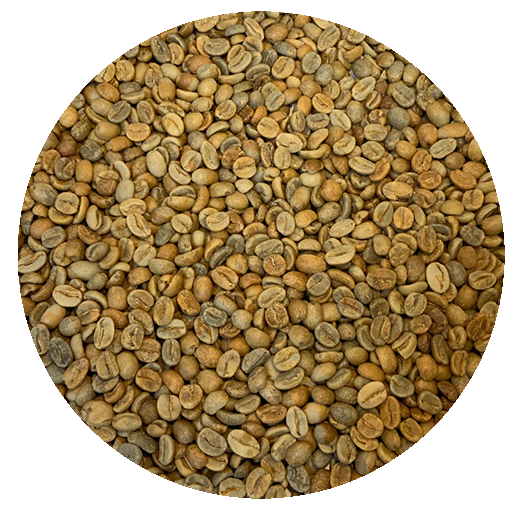
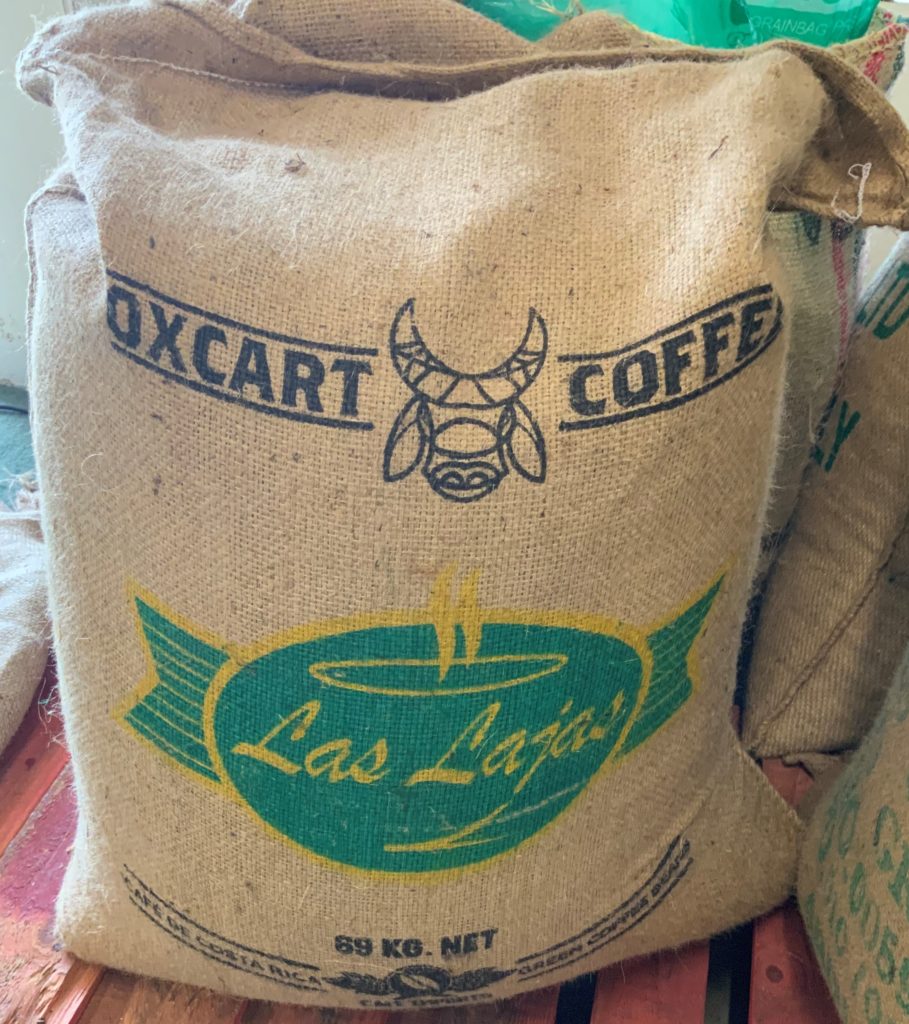
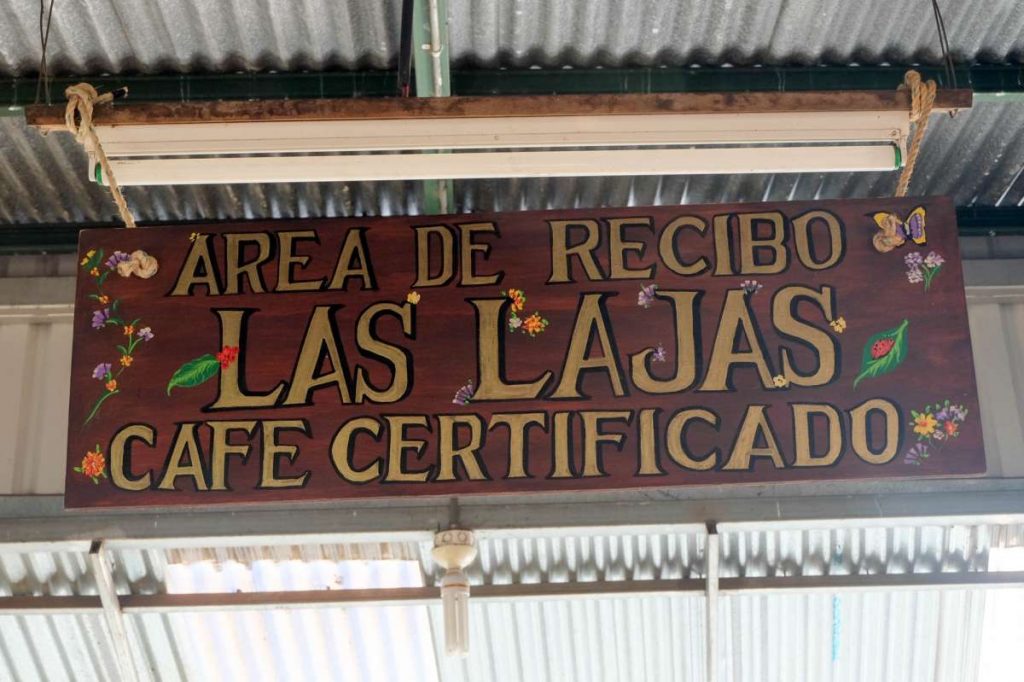
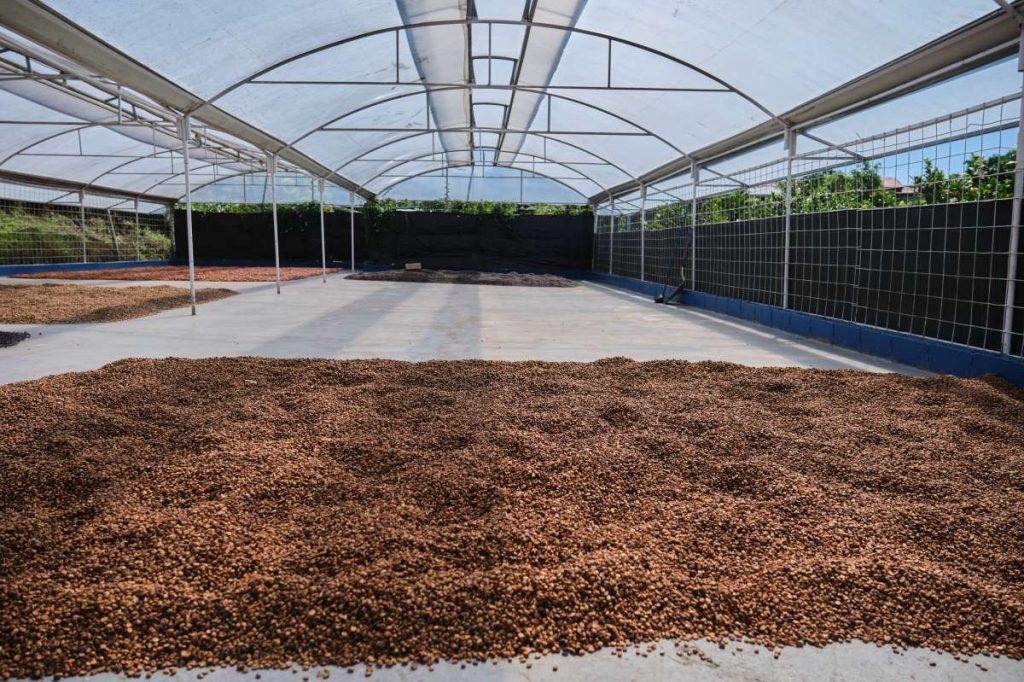
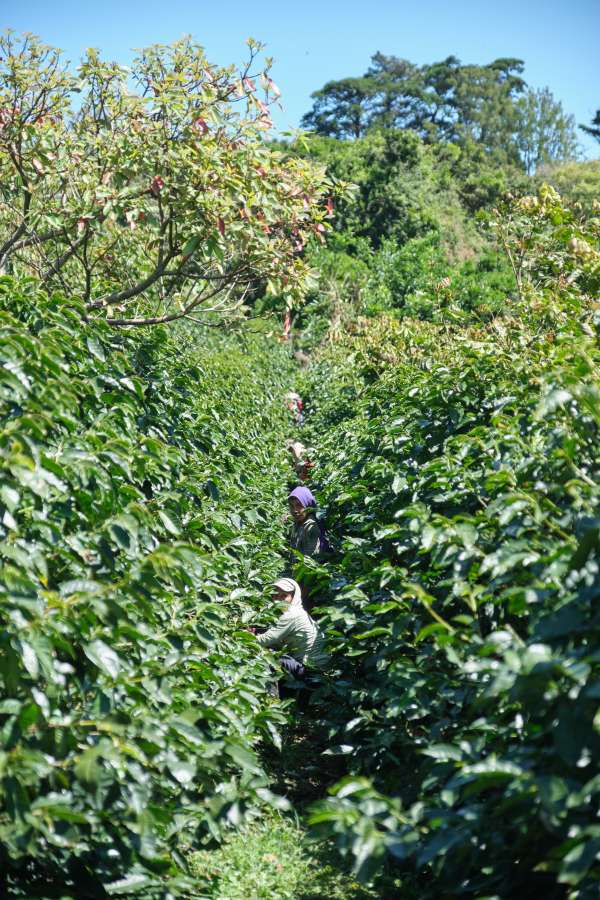
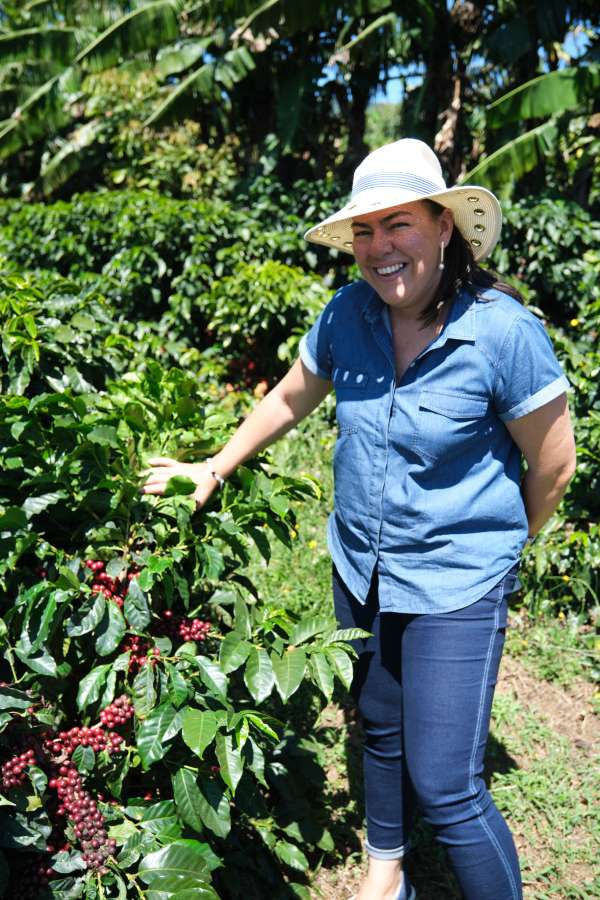
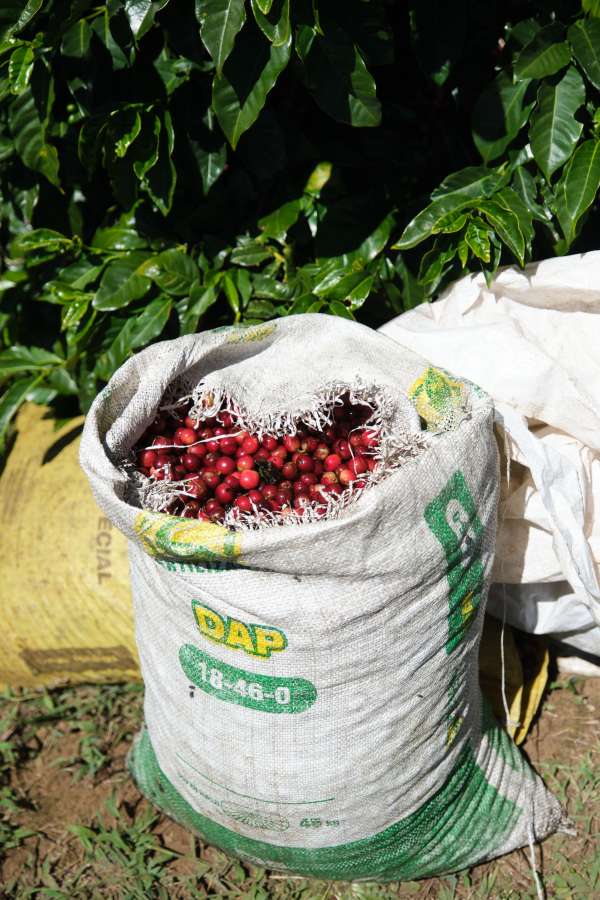
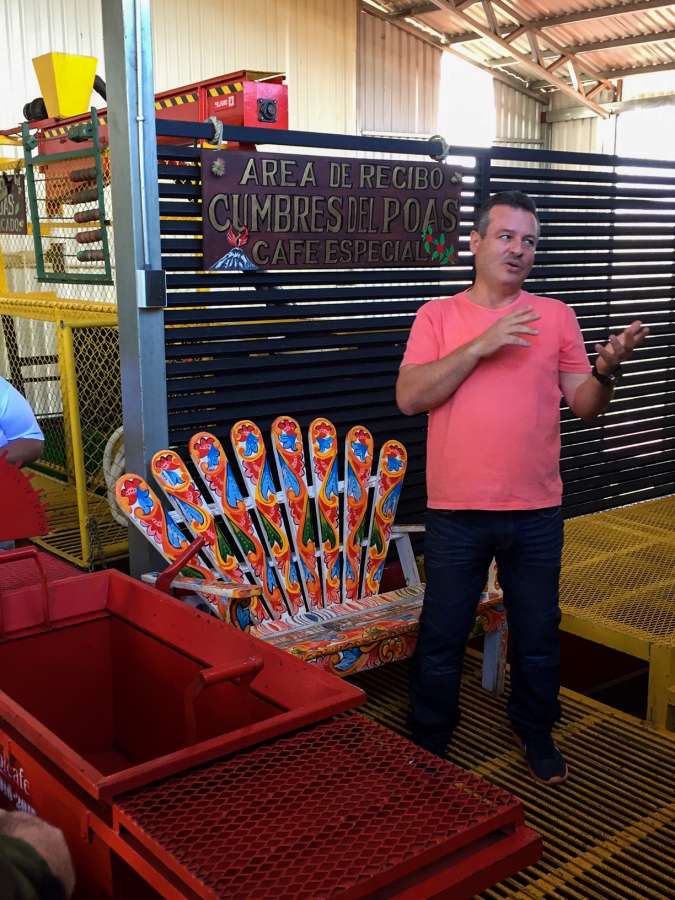
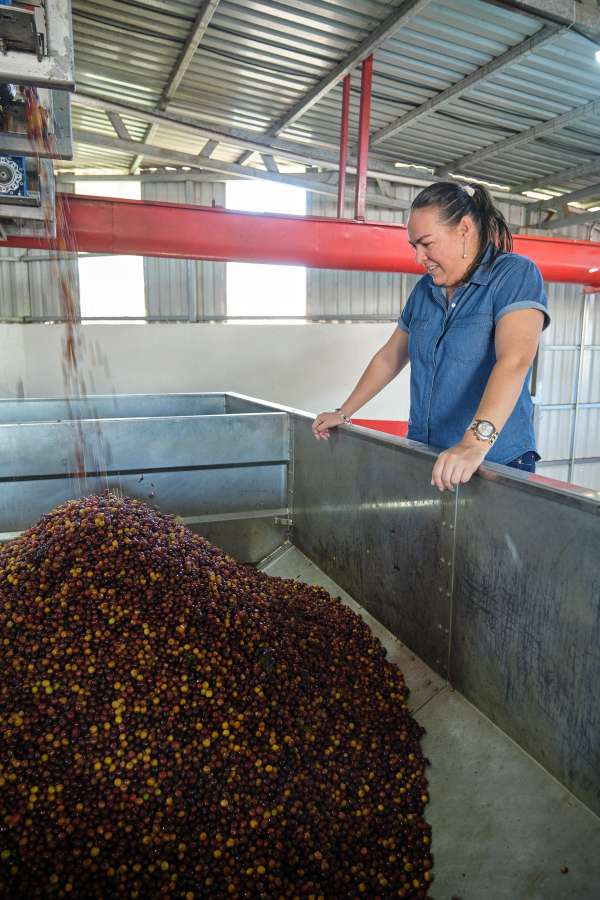
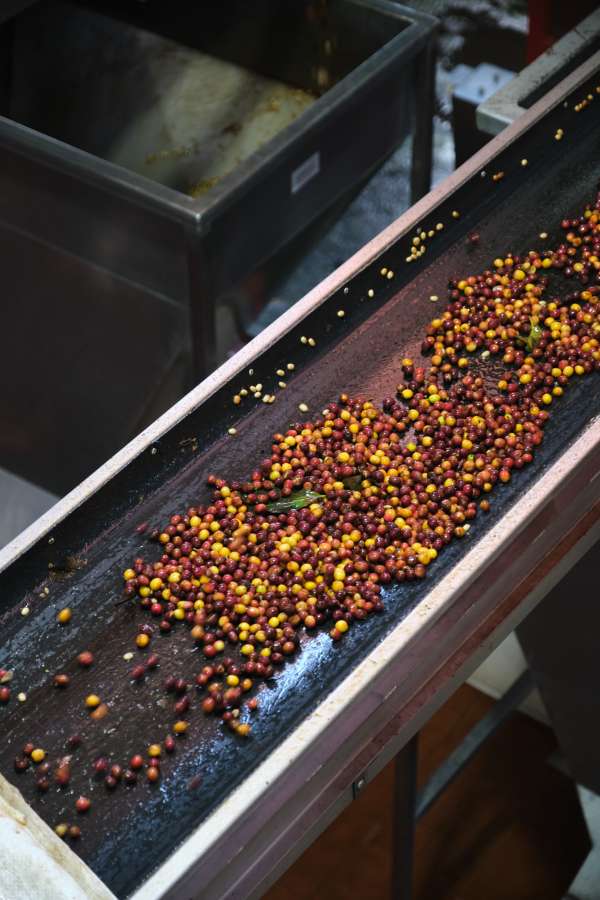
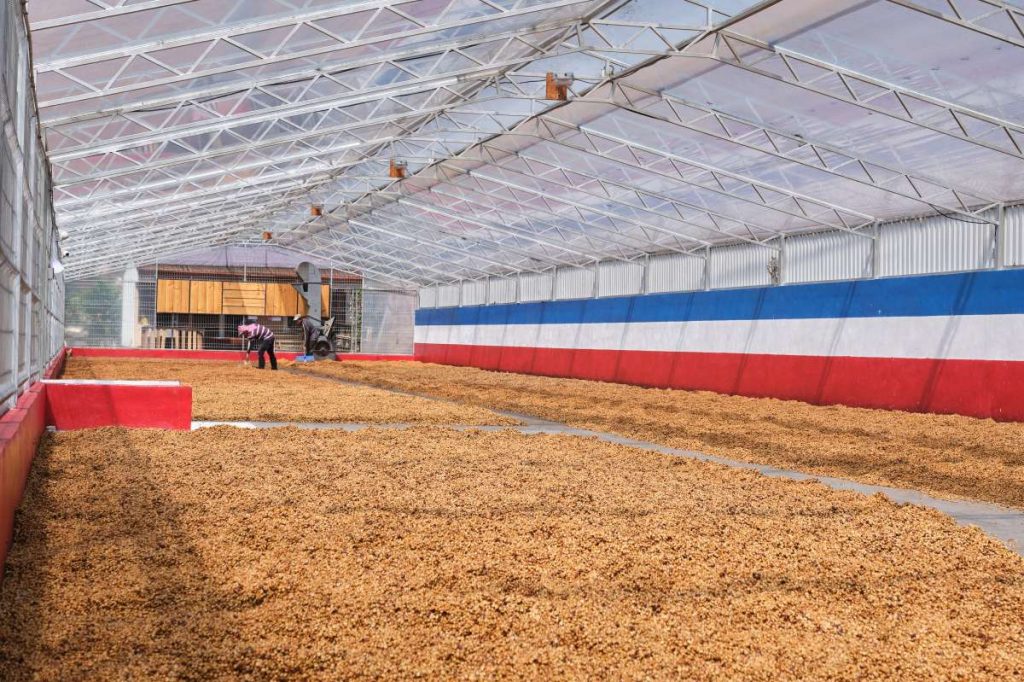
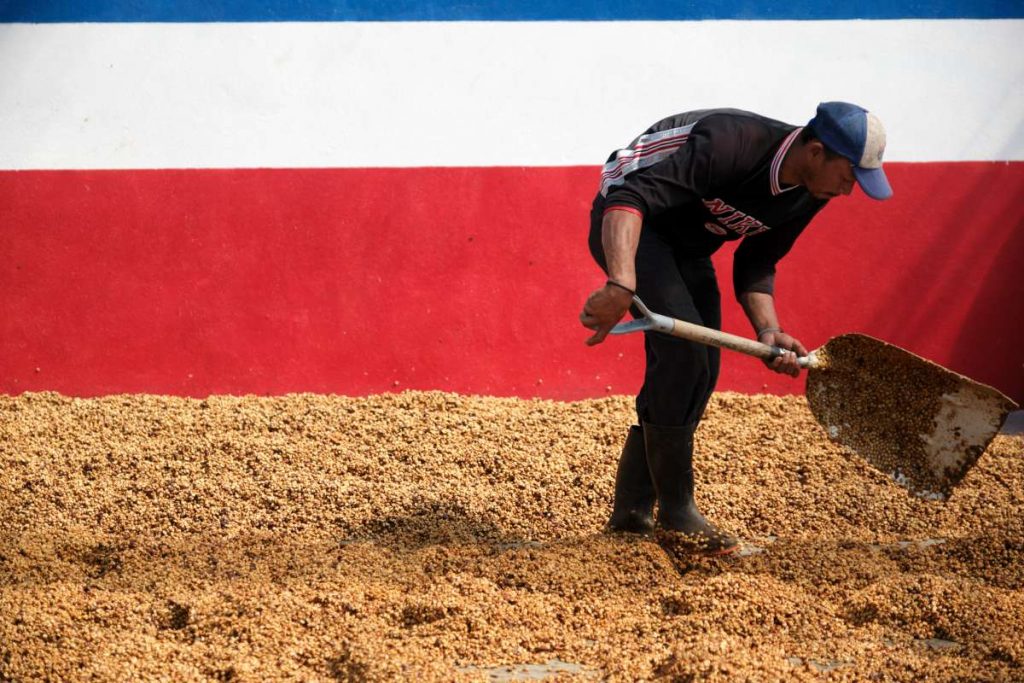
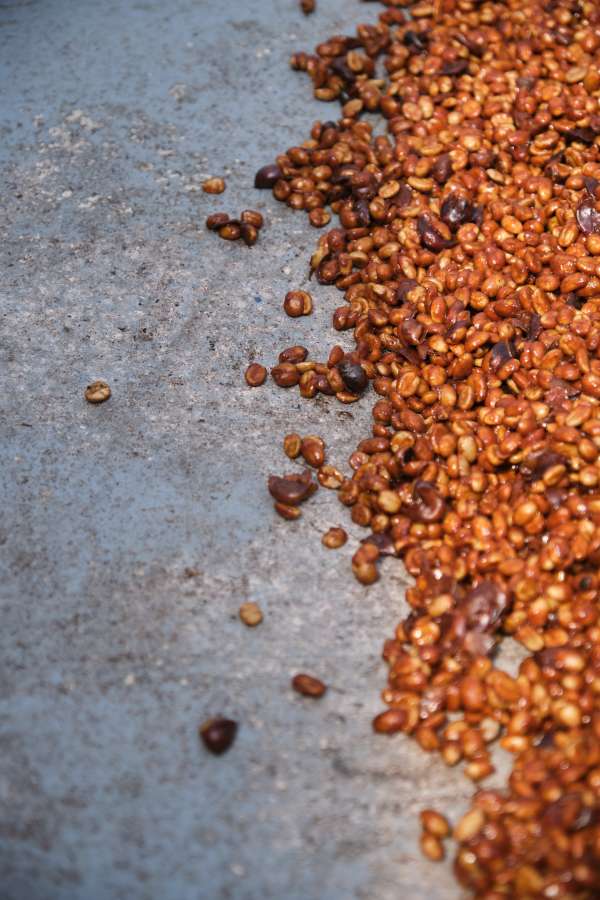
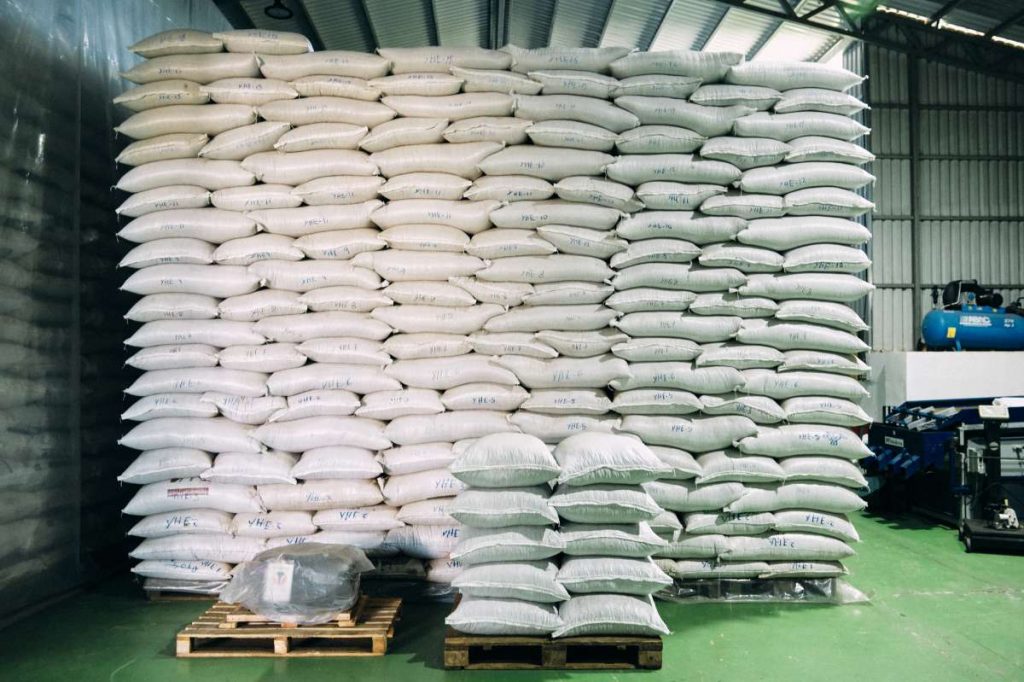
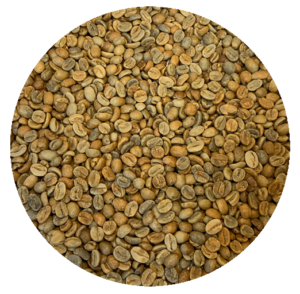
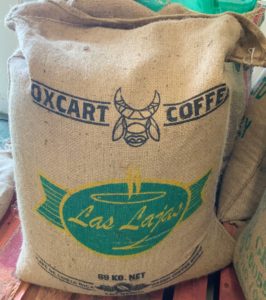
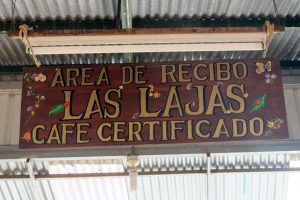
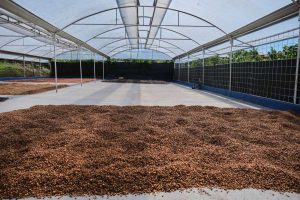
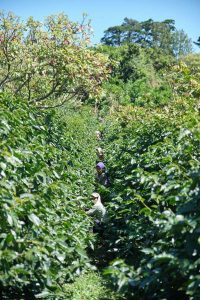
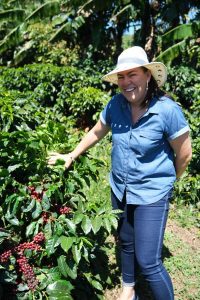
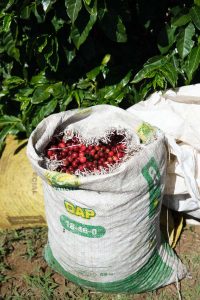
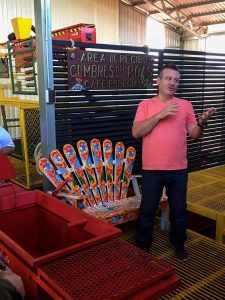
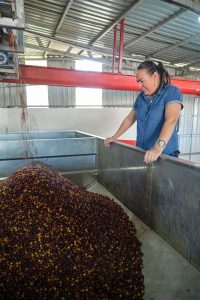
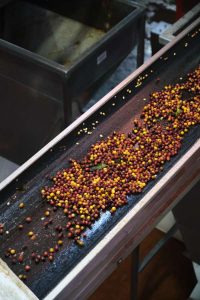
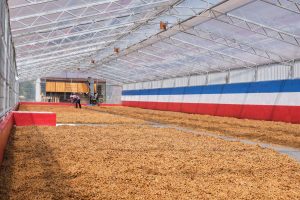
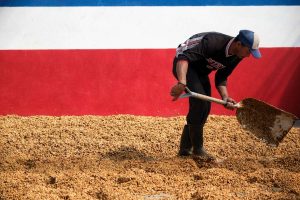
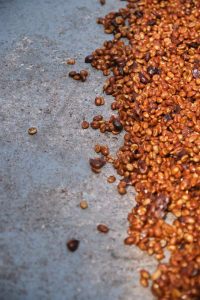
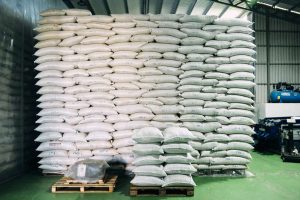
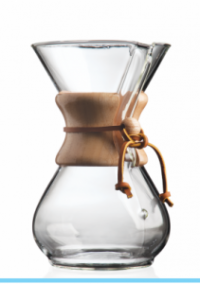


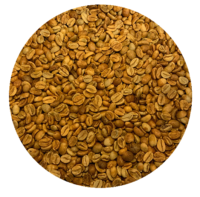



fowler_4 (verified owner) –
This is absolutely my favorite, love the malty taste! I roast it to the 2nd crack and let it rest for 5 days before grinding it and it is perfect!
John Quinn (verified owner) –
I hesitated on buying this initially since I tend to avoid spending over $7.50 on green coffee, but I’m so glad I pulled the trigger! Even for the price, this punches above the price point I feel. It was shockingly easy to get a great, even roast to my ideal level, which is basically somewhere in between Full City and Full City +, I get basically right up to 2nd crack without crossing into it, then initiating the cooling cycle, during which usually a couple of second cracks may be heard. I do this because I enjoy both pour-over and espresso and am the only coffee drinker in my house, so I kinda gotta be able to do both. This roasted medium-dark perfectly; it retained just enough acidity and fruit notes to make an engaging siphon-brewed coffee, but not so much acidity that it was intolerably sour on espresso. I do use a tiny bit of magnesium carbonate to make my espresso water since I tend to use more fruity and acidic coffees than espresso would usually tolerate. The flavors that came through with each method were also sublime; the red fruits and hint of citric and floral notes with some pleasant acidity and no bitterness shine in siphon and pour over. On espresso, the chocolate and malty flavor that is only an afterthought in normal brewing does come through more somehow while still showcasing berry flavors that complement the chocolaty flavors perfectly. As the cup cools, a hint of chocolate orange comes through, but still while avoiding coming off as acidic. Overall, no matter how I brewed this, the yield is a pleasant yet complex cup that one could either crank down in the morning for a boost or sit down with and really pick apart the flavors. Easily the most versatile coffee I’ve ever roasted while remaining this complex and interesting with the bonus of being one of the easier natural process coffees that I’ve roasted, and will almost certainly purchase it again.